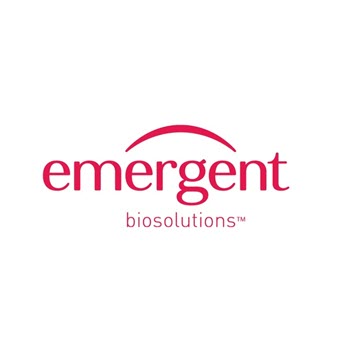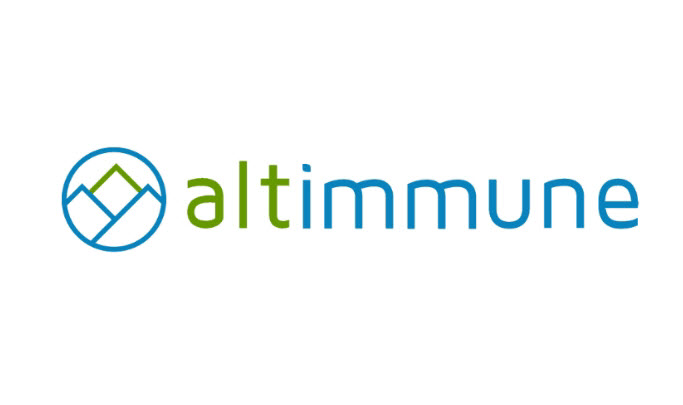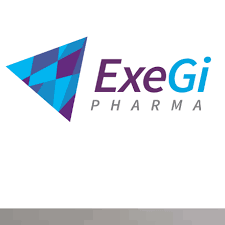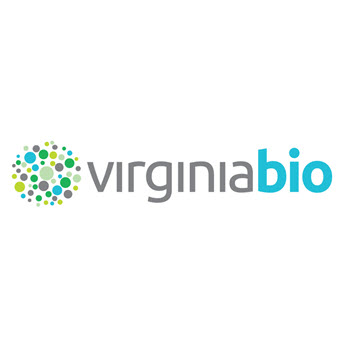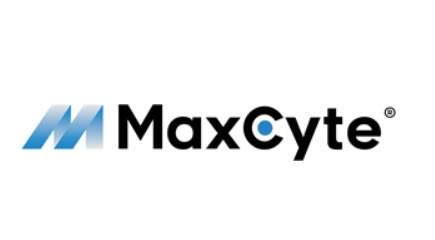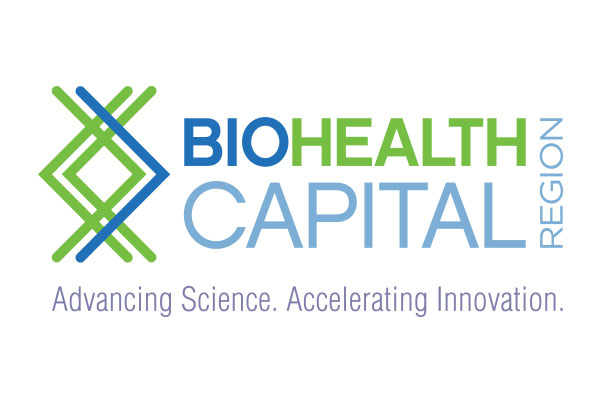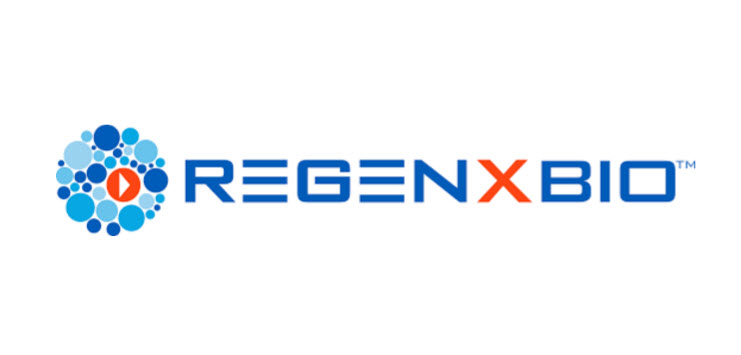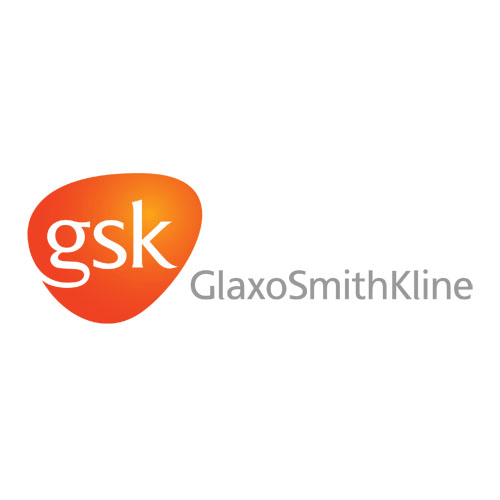- Mount Sinai and Emergent to conduct clinical trials to evaluate COVID-HIG for post-exposure prophylaxis of COVID-19 in front-line health care workers and to support a potential Expanded Access Program for military personnel with funding from the U.S. Department of Defense
- ImmunoTek to extend operating license and provide training to Mount Sinai to establish onsite plasma collection to support production of COVID-HIG
NEW YORK and GAITHERSBURG, Md. and NEW ORLEANS and LAFAYETTE, La., July 08, 2020 (GLOBE NEWSWIRE) — The Mount Sinai Health System, Emergent BioSolutions (NYSE: EBS), and ImmunoTek Bio Centers today announced that they will collaborate to develop, manufacture, and conduct clinical trials to evaluate Emergent’s COVID-19 hyperimmune globulin product, COVID-HIG, including a post-exposure prophylaxis (PEP) study on health care providers at high risk of COVID-19 infection and other high-risk populations, with $34.6 million in funding from the U.S. Department of Defense’s (DOD) Joint Program Executive Office for Chemical, Biological, Radiological, and Nuclear Defense (JPEO-CBRND).
Located in New York City, one of the early epicenters of the outbreak, Mount Sinai has experience treating more than 10,000 COVID-19 cases and was among the very first in the United States to initiate a convalescent plasma program in late March. A leader in COVID-19 research and clinical care, Mount Sinai developed a serological assay to detect SARS-CoV-2 antibodies, one of the first to receive emergency use authorization from the U.S. Food and Drug Administration (FDA).
“There is emerging evidence that convalescent plasma is an effective treatment for COVID-19 patients,” said David L. Reich, MD, President and Chief Operating Officer of The Mount Sinai Hospital. “Therefore, hyperimmune globulin may become an effective option in the prevention and treatment of COVID-19 currently, in the absence of a vaccine, as well as in the future, particularly for patients who do not develop immunity from a vaccine. It is imperative that we have more options to prevent this terrible disease in front-line workers and other high-risk populations and to potentially decrease the severity of illness in those infected. We are eager to collaborate with Emergent and ImmunoTek to advance the science and identify effective therapeutics in the fight against COVID-19.”
The collaborators will establish plasma collection capabilities at Mount Sinai through an extension of ImmunoTek’s FDA-approved establishment license and the transfer of technical know-how to Mount Sinai. Plasma from recovered donors will support the development and manufacture of COVID-HIG for evaluation of the product candidate in clinical trials, and for potential emergency use or broader patient use as allowed by the FDA.
“Our collaboration with Mount Sinai, ImmunoTek, and the Department of Defense enhances the response to COVID-19 and broadens our efforts to have a meaningful impact,” said Dr. Laura Saward, SVP and Therapeutics Business Unit Head at Emergent BioSolutions. “The front-line health care workers and others who protect us are a top priority for reducing the impact of COVID-19. Emergent is drawing from decades of experience with our human hyperimmune platform, on which several products have been FDA-licensed, to develop COVID-HIG. Our mission – to protect and enhance life – is at the forefront of everything we do.”
Evaluating COVID-HIG in Clinical Trials
Mount Sinai and Emergent will evaluate COVID-HIG in a post-exposure prophylaxis study in individuals at high risk of exposure to COVID-19, such as front-line health care workers and military personnel.
The clinical research program is designed to assess whether prophylaxis with COVID-HIG could help protect individuals at high risk of exposure and limit the spread of disease. Under the agreement with the JPEO-CBRND, Emergent will collaborate to collect convalescent plasma to manufacture COVID-HIG for use in a clinical study under a potential Expanded Access Program to support military personnel.
Establishing Sustainable Plasma Collection Capabilities
ImmunoTek will provide technical, scientific, and industry expertise in plasma collection and will extend its FDA license as an approved source plasma collection establishment to enable plasma collection onsite at Mount Sinai. ImmunoTek will also provide staff training and compliance information to assist in establishing standard operating procedures and plasma criteria. Mount Sinai intends to collect convalescent plasma from its broad pool of eligible donors to support Emergent’s manufacture of COVID-HIG and the evaluation of the product candidate in clinical trials, and for potential emergency use or broader patient use as allowed by the FDA.
“This unprecedented public health crisis is a critical moment for Americans to donate plasma,” said Jerome Parnell III, CEO and President, ImmunoTek Bio Centers. “Specifically, blood plasma donors from New York impacted by the pandemic could unlock the potential of a viable hyperimmune globulin product to protect our health care providers, military, and first responders, and to treat patients with severe complications from COVID-19. Our unique collaboration honors our hero donors while highlighting the importance of expanding plasma collection capabilities across mainstream communities and diverse municipalities in the fight against COVID-19 and other rare diseases.”
Emergent will support ImmunoTek and Mount Sinai in other regulatory and compliance efforts related to plasma collection and supply, as well as activities leading up to an Investigational New Drug application submission to the FDA.
Advancing COVID-HIG With U.S. Government Support
In addition to receiving DOD funding to advance a post-exposure prophylaxis indication for COVID-HIG, Emergent was awarded $14.5 million in April by the U.S. Department of Health and Human Services (HHS) to develop COVID-HIG as a potential treatment for COVID-19. The product candidate will be evaluated in clinical studies by the National Institute of Allergy and Infectious Diseases (NIAID), part of the National Institutes of Health (NIH), as a potential treatment in hospitalized patients and patients at high risk of progression to severe disease. Emergent will produce investigational COVID-HIG material from the plasma collected at Mount Sinai to support the post-exposure prophylaxis and treatment clinical trials, for which Mount Sinai will serve as a study site.
“COVID-19 outbreaks in the military cause a significant risk to readiness and the ability to conduct training and perform our mission. Military training is often conducted in close contact as a unit or team, which makes social distancing nearly impossible. Our goal is to deliver medical solutions to enable military readiness. Knowing that HIG has been used in other disease outbreaks successfully as a prophylaxis, we are excited to partner with Emergent to develop this potential solution for the military and the nation,” said Army Col. Ryan Eckmeier, the JPEO-CBRND’s Joint Project Manager for Chemical, Biological, Radiological, and Nuclear Medical (JPM CBRN Medical).
About Hyperimmune Globulin
Hyperimmune globulin, sometimes referred to as polyclonal antibodies, is a concentrated antibody product derived from the antibody-rich plasma of people who were previously infected with and recovered from an illness; in this case, COVID-19 caused by the virus SARS-CoV-2. In order to produce plasma-derived therapeutics that can be administered to patients in need, plasma must be collected from a pool of human donors and then manufactured, or fractioned, into specialized therapeutic products. Hyperimmune globulin treatments have been used successfully to treat other viruses.
About the Mount Sinai Health System
The Mount Sinai Health System is New York City’s largest academic medical system, encompassing eight hospitals, a leading medical school, and a vast network of ambulatory practices throughout the greater New York region. Mount Sinai is a national and international source of unrivaled education, translational research and discovery, and collaborative clinical leadership ensuring that we deliver the highest quality care—from prevention to treatment of the most serious and complex human diseases. The Health System includes more than 7,200 physicians and features a robust and continually expanding network of multispecialty services, including more than 400 ambulatory practice locations throughout the five boroughs of New York City, Westchester, and Long Island. The Mount Sinai Hospital is ranked No. 14 on U.S. News & World Report’s “Honor Roll” of the Top 20 Best Hospitals in the country and the Icahn School of Medicine as one of the Top 20 Best Medical Schools in country. Mount Sinai Health System hospitals are consistently ranked regionally by specialty and our physicians in the top 1% of all physicians nationally by U.S. News & World Report.
For more information, visit https://www.mountsinai.org or find Mount Sinai on Facebook, Twitter and YouTube.
About Emergent BioSolutions
Emergent BioSolutions is a global life sciences company whose mission is to protect and enhance life. Through our specialty products and contract development and manufacturing services, we are dedicated to providing solutions that address public health threats. Through social responsibility, we aim to build healthier and safer communities. We aspire to deliver peace of mind to our patients and customers so they can focus on what’s most important in their lives. In working together, we envision protecting or enhancing 1 billion lives by 2030. For more information visit www.emergentbiosolutions.com. Find us on LinkedIn and follow us on Twitter @emergentbiosolu and Instagram @life_at_emergent.
About ImmunoTek Bio Centers LLC
ImmunoTek Bio Centers is an emerging bio-tech company committed to the safe collection and procurement of human blood plasma from the public. The management team has extensive experience in the blood, plasma, and biopharma industries. Through contracts and strategic agreements with pharmaceutical companies, IMMUNOTEK is fully capable of constructing, opening, FDA/EU licensing, and managing multiple plasma collection sites and plasma supply contracts in order to meet on going demand in the plasma proteins therapeutics market. Growth of current therapeutic drugs and vaccines as well as additional new therapeutic indications expected to put considerable strain on global blood plasma supply. IMMUNOTEK currently owns and operates plasma collection centers in the USA and has over 40 collection centers in development through 2020. For more information, please visit www.immunotek.com.
About the JPEO-CBRND
The Joint Program Executive Office for Chemical, Biological, Radiological and Nuclear Defense (JPEO-CBRND) protects the Joint Force by providing medical countermeasures and defense equipment against chemical, biological, radiological and nuclear threats. As an effective DoD acquisition program, the JPEO-CBRND’s vision is a resilient Joint Force enabled to fight and win unencumbered by a CBRN environment; championed by innovative, agile, results-oriented acquisition professionals. Its Joint Project Manager for Chemical, Biological, Radiological, and Nuclear Medical (JPM CBRN Medical) facilitates the advanced development and acquisition of medical solutions to combat CBRN and emerging threats. JPM CBRN Medical works with JPEO-CBRND’s Joint Project Lead for Chemical, Biological, Radiological and Nuclear Defense – Enabling Biotechnologies to provide new and improved medical countermeasures to enable a single treatment for many threats, rapid medical countermeasure responses, genomic sequencing and the capability to diagnose CBRN threats before the onset of symptoms. To learn more about JPEO-CBRND’s COVID-19 response, visit https://www.jpeocbrnd.osd.mil/coronavirus.
Emergent BioSolutions Safe Harbor Statement
This press release includes forward-looking statements within the meaning of the Private Securities Litigation Reform Act of 1995. Any statements, other than statements of historical fact, including statements regarding our ability to collect convalescent plasma, develop COVID-HIG for prophylaxis or treatment, obtain FDA approval or authorization for emergency or broader patient use are forward-looking statements. These forward-looking statements are based on our current intentions, beliefs and expectations regarding future events. We cannot guarantee that any forward-looking statement will be accurate. Investors should realize that if underlying assumptions prove inaccurate or unknown risks or uncertainties materialize, actual results could differ materially from our expectations. Investors are, therefore, cautioned not to place undue reliance on any forward-looking statement. Any forward-looking statement speaks only as of the date of this press release, and, except as required by law, we do not undertake to update any forward-looking statement to reflect new information, events or circumstances.
There are a number of important factors that could cause the company’s actual results to differ materially from those indicated by such forward-looking statements, including the success of the collaboration and planned development programs; the timing of and our ability to obtain and maintain regulatory authorizations or approvals; and our commercialization, marketing and manufacturing capabilities. The foregoing sets forth many, but not all, of the factors that could cause actual results to differ from our expectations in any forward-looking statement. Investors should consider this cautionary statement, as well as the risk factors identified in our periodic reports filed with the SEC, when evaluating our forward-looking statements.
Contacts:
Mount Sinai Health System
Elizabeth Dowling
Director, Media Relations
347-541-0212
elizabeth.dowling@mountsinai.org
Emergent BioSolutions
Media:
Miko B. Neri
Senior Director, Corporate Communications
240-631-3392
nerim@ebsi.com
Investor:
Robert G. Burrows
Vice President, Investor Relations
240-631-3280
burrowsr@ebsi.com
ImmunoTek Bio Centers
Pam Farris
Executive Administrative Assistant
337-500-1294
pfarris@immunotek.com
